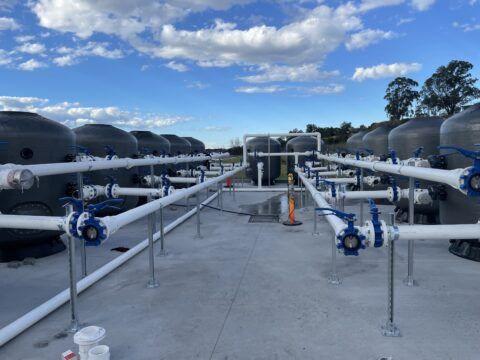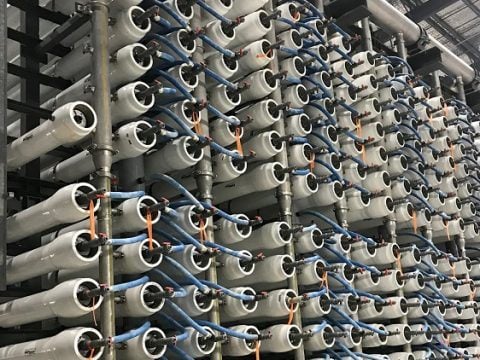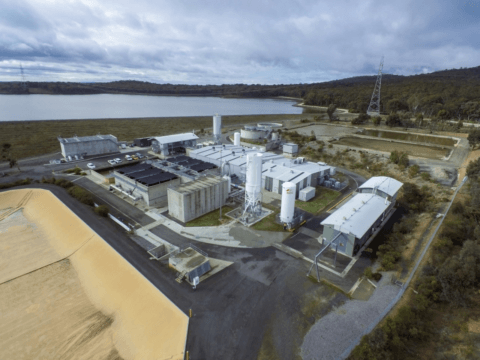Emergency Treatment of PFAS Contaminated Flood Water
City Water Technology was engaged by Veolia Environmental Services to provide specialist process, project management and operations support for an emergency PFAS water treatment plant in Sydney.
CWT was engaged to train operators following the 2019 restart of the Sydney Desalination Plant. CWT trained 15+ operators on the control, optimisation and troubleshooting of each major treatment process, both in the classroom and in-field.
Delivery of training modules for the following topics:
Following the extensive 2018 rebuild of Sydney Desalination Plant, necessitated by major cyclonic damage in 2015, CWT was engaged by Veolia Water to provide commissioning assistance and training of operators for the newly constructed 250 ML/d plant. The plant incorporates the treatment processes of coagulation and flocculation, dual media filtration, reverse osmosis, water stabilisation, chlorine disinfection and chloramination residual control.
Veolia Water procured over 15 operators of varying levels of experience, some of which had transferred from the recently decommissioned Caltex Refinery. CWT (Jess Circosta) was asked to develop and present training material to align the operators’ expertise with best-practice engineering practices in the water industry.
Training modules were developed and delivered under the central tenets:
At the completion of each training module, operators demonstrated competency through the completion of training exercises.
In the weeks following the training, management and operations staff both expressed that operators had demonstrated increased confidence, insight and ability to independently diagnose, rectify and report on process issues.


